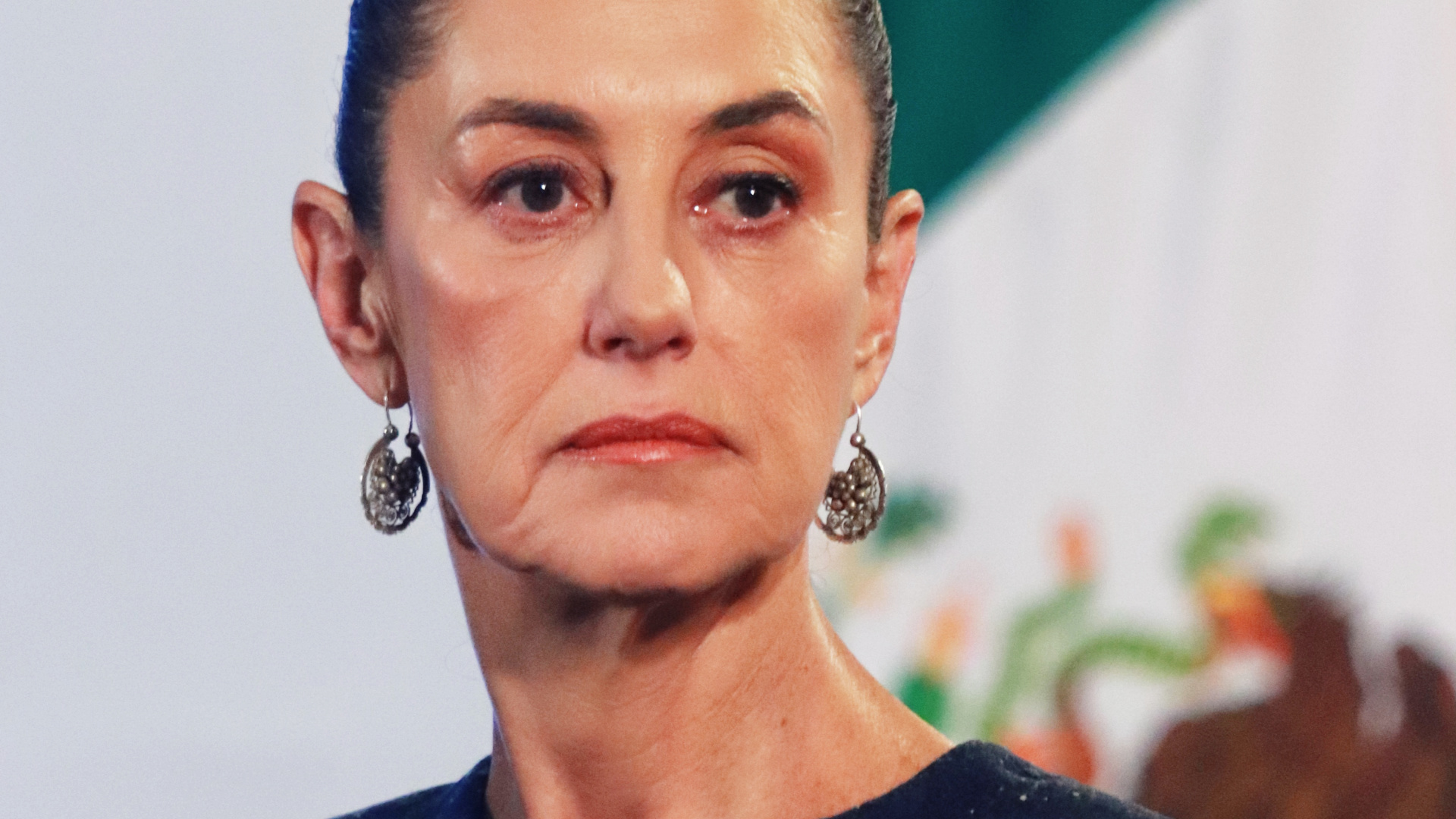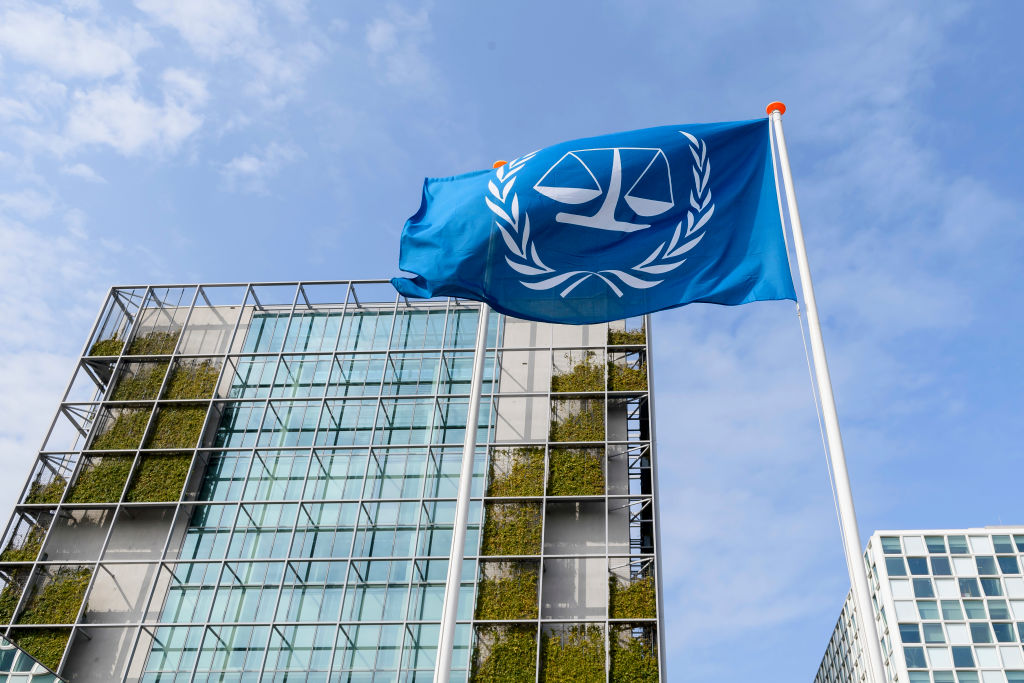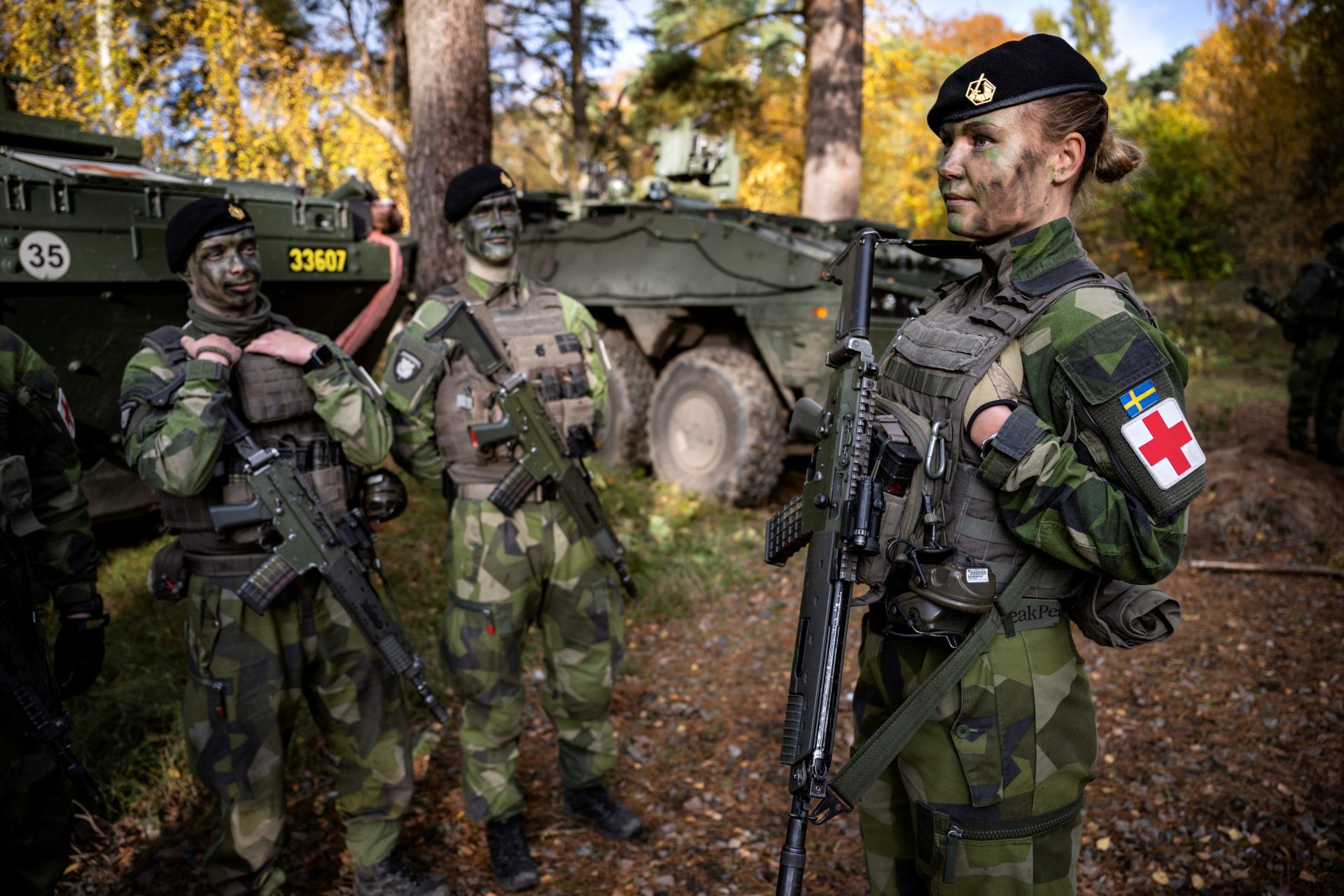The US is building a deep water port in the Arctic, and it might cause international mayhem
Nome, Alaska, a small town with a population of 3,500, might become the protagonist of an international fight for domination when it becomes the first US Arctic deep water port.
It will take around $600 million to build the expansion that will likely be operational by the end of the decade.
The port will host ships of up to 4,000 passengers, like cruise lines. It will also welcome cargo ships to supply small Alaskan towns, and military vessels.
The military presence in Nome will "counter" the presence of Russian and Chinese ships in the Arctic.
The area is set to become an important strategic and commercial route for larger economies in the coming years.
The entire 5.427 square miles of the Artic do not belong to any country. However, Russia, Canada, Norway, Denmark, and the United States own some areas.
Photo: Ivana Medic / Unsplash
In October 2022, the Biden Administration revealed a "National Strategy for the Arctic Region." It articulates the country's plan for strategic routes in the next decade.
According to a Politico analysis, the war in Ukraine intensified the interest in the Arctic. But the US efforts might be small and ineffective due to the country's lack of experience.
The problem is not new. Navy Rear Admiral David W. Titley told CNN in 2019 that America knew it was acting too slowly.
Photo: Annie Spratt / Unsplash
"I think we are starting to pay attention finally," Titley told CNN in a phone interview. "[The Arctic] was ignored in the last few years. But our rivals have serious plans."
And they do. During the St. Petersburg Economic Forum in June 2022, Igor Sechin, a Russian oligarch close to Putin and CEO of an oil company, called the Arctic a "Noah's ark" capable of saving the Russian economy.
China is also highly interested in Russian projects on the Northern Sea Route, considering the Arctic crucial for its trade policy. It calls it the "Polar Silk Route."
Right now, Russia domains the area. According to arctic-russia.ru, the investment portal of the Russian Arctic region, it "accounts for a fifth of federal budget revenues."
Photo: Sergey Pesterev / Unsplash
Russia has always shown great interest in the Arctic, mainly for geographical reasons: the country's most extensive coastline, in the Siberian region, overlooks the Arctic.
But it has also been a source of frustration. The Arctic waters are navigable only a few months of the year, usually from June to November. In winter and spring, the ice makes it impassable.
Photo: Sergey Pesterev / Unsplash
Sechin sees in the Arctic a potential to counter the sanctions on the Russian economy. He also understands the Arctic's importance as it can become crucial for global trade.
The Arctic is tempting for innumerable reasons: it is rich in natural resources and still unexploited. It could also be a faster commercial route.
Photo: Annie Spratt / Unsplash
According to the latest estimates, an Arctic commercial path called the Northern Sea Route would take 40% less time than traditional routes.
Shorter travel times translate into savings. It takes less money and fuel than, for example, transiting the Suez Canal.
The Arctic sea route would also increase the possibility of exploiting the region's gas and oil reserves while guaranteeing their transport between Asian and Western ports.
According to data from arctic-russia.ru, cargo traffic through the Northern Sea Route amounted to 31.5 million tons until 2019. However, it is estimated that by 2035 the volume could reach 160 million tons.
The Arctic is one of the regions most affected by climate change. It freezes less every year, and its temperatures rise much faster than in other parts of the world.
Temperatures are increasing particularly fast in the Barents Sea, north of Norway and Russia. According to a study by the Finnish Meteorological Institute, it rises seven times faster than the global average.
Photo: Marc Marchal / Unsplash
This means the Arctic ice is melting very fast, with terrible consequences for the planet but with the chance of opening new routes for merchant ships all year.
Photo: Adam Excell / Unsplash
Therefore, Russia hopes to exploit the Barents Sea and increase naval transport in the north to control this new route. But Putin is not the only one interested.
Photo: Vadim Artyukhin / Unsplash
Russia should not be underestimated."What happens in the North is essential. It has a direct effect on security elsewhere." Rear Admiral Rune Andersen of the Norwegian Navy and Coast Guard told Politico.
Faced with these economic and political issues, environmental activists believe that the large economies' concerns over the Northern Sea Route are diverting the focus from a far more crucial problem for humanity: the melting of the Arctic ice.
More for you
Top Stories








































